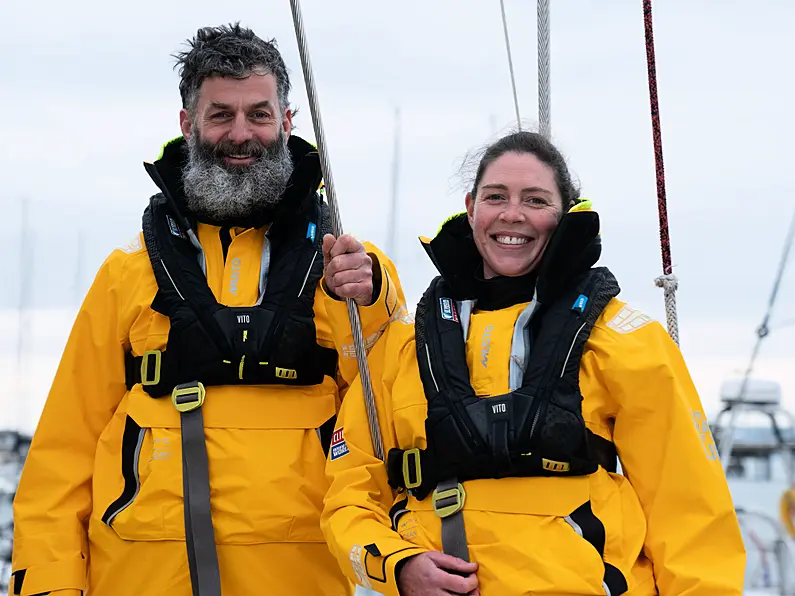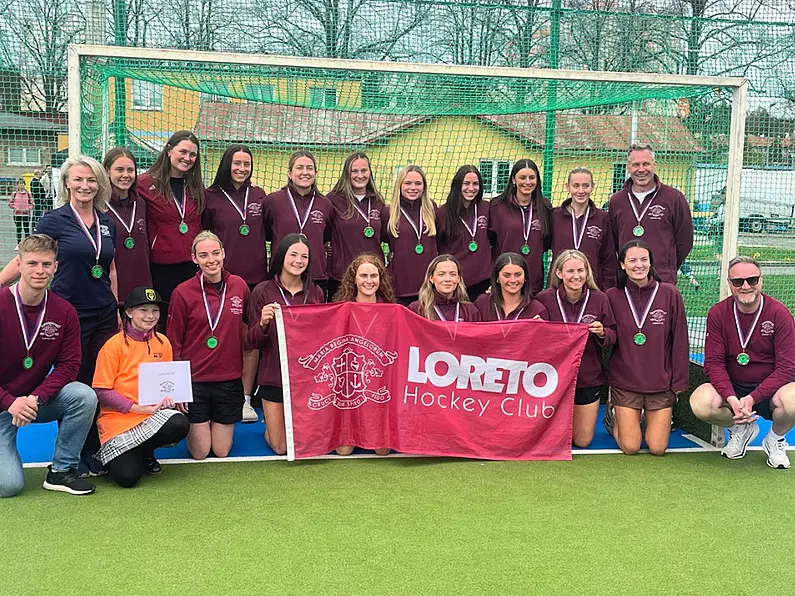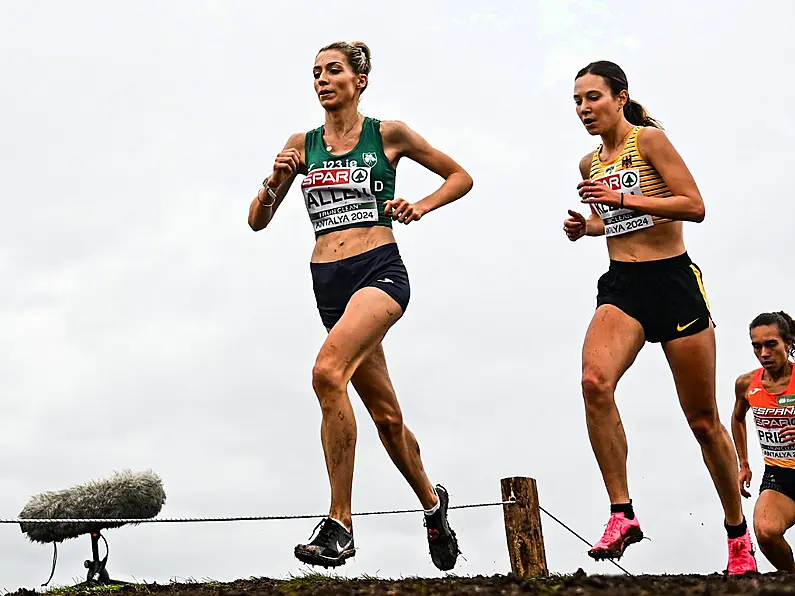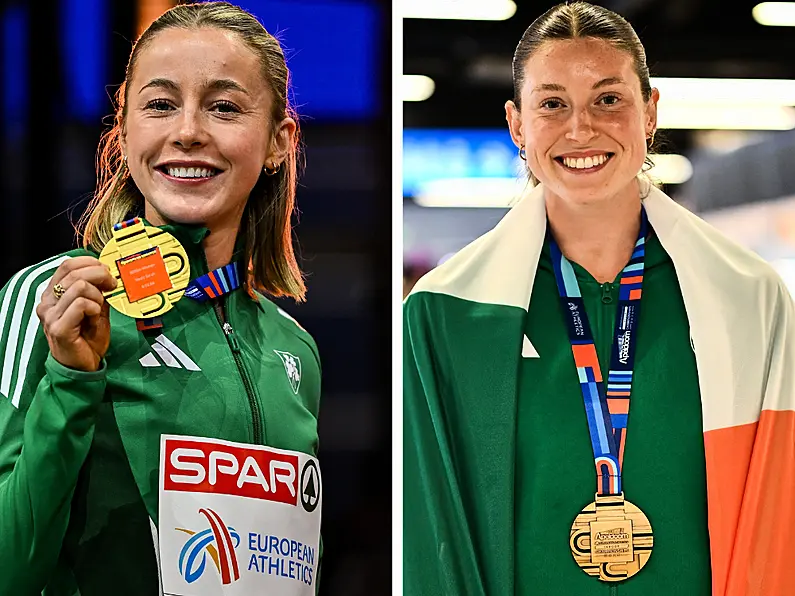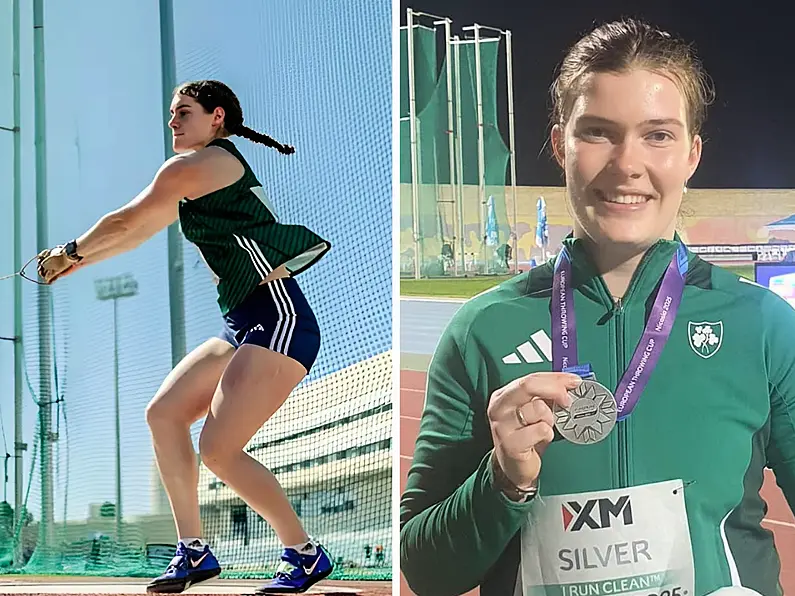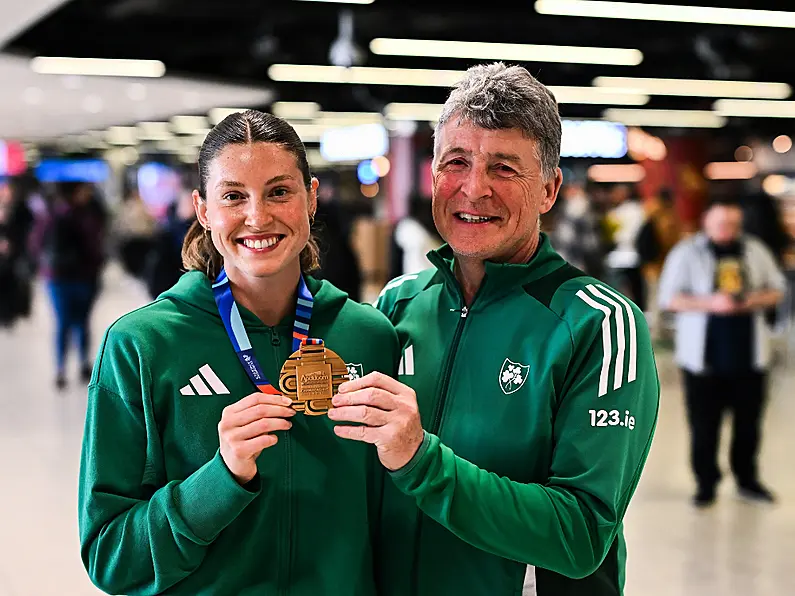Caster Semenya, represented by Greg Nott, has announced in recent days that her team will continue to fight her case against laws introduced by World Athletics that rule her out of 800m competitions.
Semenya, amongst other competitors in her discipline, such as Francine Nivonsaba and Margaret Wambui, has naturally high levels of testosterone, which deems her over the limit according to the rules introduced in 2019.
Athletes who experience DSD, differences in sex development, typically generate higher levels of testosterone than those who don’t, and so if these women wish to compete in distances between 400m and a mile they are required to take medication which will suppress this hormone.
To do this they may take birth control pills, receive injections that stop the stimulation or undergo surgery, and athletes must also maintain these figures for up to six months before they can compete at prestigious competitions again.
These proposed actions have been criticised by medical professionals and in 2019 the World Medical Association advised those in the field against practicing such procedures.
Semenya refuses to go through any of these measures and so hasn’t been able to partake in her specialist event of 800m since June of last year.
While she won Olympic gold in this event in both London 2012 and Rio 2016, World Athletics has not strayed from its viewpoint that these regulations were introduced to even the playing field for all athletes.
She first contested this back in 2019 in the High Court of Switzerland, before seconding the motion in the Federal Swiss Court in September of this year. She has been denied her appeal on both occasions and so has now decided it is necessary to dispute her claims at the European Court of Human Rights.
The 29 year old has since been training and partaking in competitions in the 200m sprint since, where such regulations do not apply.
She hopes to make it to Tokyo next year for the Olympics, although her qualification is not a certainty yet as the standard is set at 22.80 seconds and her official recorded personal best to date lies at 23.49 seconds, which was set in March.
Caster Semenya To Challenge Testosterone Ruling At European Court
Semenya has previously lost two appeals at the Court of Arbitration for Sport and the Federal Swiss Supreme Court respectively in relation to World Athletics’ guidelines on natural testosterone levels.
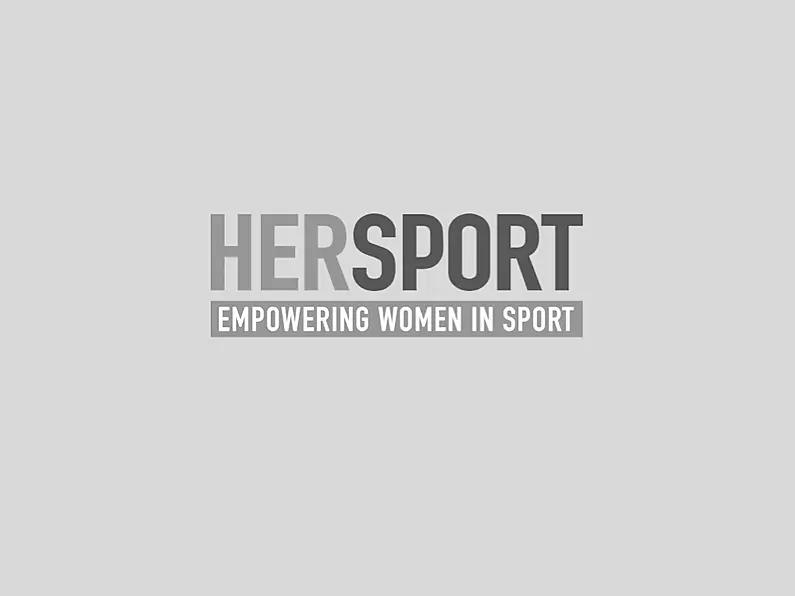
Advertisement
Advertisement
Trending
Advertisement

Want to Help?
Support our mission by donating today.
A little goes a long way.

Secure Donation
Advertisement

